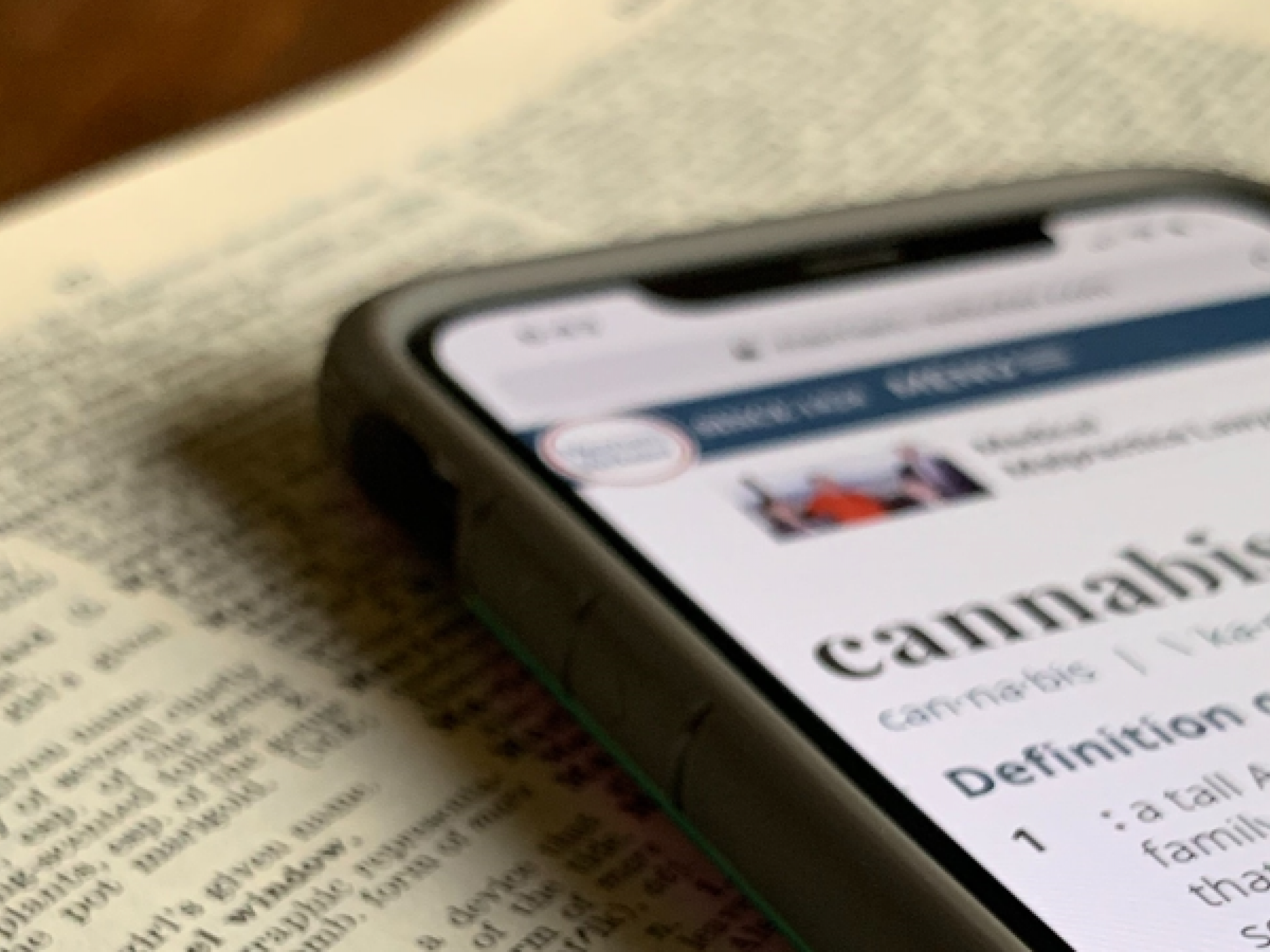
Recently, the Federal Trade Commission (FTC) announced that it will send payments to 576 consumers across the country who purchased 'deceptively marketed' cannabidiol (CBD) products from Arizona-based Kushly Industries LLC.
According to a federal agency statement, "consumers will receive a PayPal (NASDAQ: PYPL) payment or check in the mail. The deadline for consumers to cash their checks is November 22, 2022. PayPal payments must be claimed by September 23, 2022." In addition, each consumer will receive an average of $36 each.
In total, the FTC will return approximately $21,000 to consumers deceived by Kushly's unsubstantiated claims about its CBD products.
Working To Promote Competition And Protect And Educate Consumers
To protect CBD consumers' rights, FTC initiated a complaint in March 2021 against Kushly and its CEO Cody Alt, alleging that the company "made false or unsubstantiated claims that their CBD products could effectively treat or cure a range of conditions, from common ailments, such as acne and psoriasis, to more serious diseases. including cancer and multiple sclerosis."
At that time Daniel Kaufman, acting director of the FTC’s Bureau of Consumer Protection, said, “This is the seventh case we’ve brought against CBD sellers who should know better than to make unsupported health claims for their products.”
The complaint alleged that the company "falsely claimed that scientific studies or research had shown that CBD products effectively treat, mitigate, or cure diseases, including hypertension, Parkinson's disease, and Alzheimer's disease."
The Role Of The FTC And FDA In CBD Regulation
The two bureaus that work together to regulate CBD products are the Federal Trade Commission (FTC) and the Food and Drug Administration (FDA).
FTC: The FTC has the primary mandate to protect public health and promote competition in the CBD market. Through FTC’s Operation CBDeceit, which was launched last December 2020, they’re hunting down CBD companies who have been advertising their product on their websites and social media platforms with false health claims. For consumers, the FTC has also made it easy for them to receive support concerning fake or questionable CBD products.
FDA: The FDA protects public health by ensuring the safety and efficacy of consumer products, including cannabis and cannabis-derived products. The FDA is the main bureau that approves new CBD products. According to the Food Drugs and Cosmetics Act:
- CBD shouldn’t be labeled as dietary supplements
- CBD cannot be added to food for humans and animals
Marijuana Copycat Products, Extremely Dangerous For Children
In addition, FDA said that THC edibles can be easily mistaken for commonly consumed foods such as breakfast cereal, candy, and cookies, and accidentally ingested, which can lead to adverse events, especially in children.
A study led by researchers at NYU School of Global Public Health revealed that “copycat” edibles can have levels of tetrahydrocannabinol or THC “that far exceed the limits set by state cannabis regulations” and may be easily confused for popular snack foods, the FDA issued a warning to all consumers about the accidental ingestion by children of food products containing THC.
Photo: Courtesy Of Margo Amala On Unsplash







